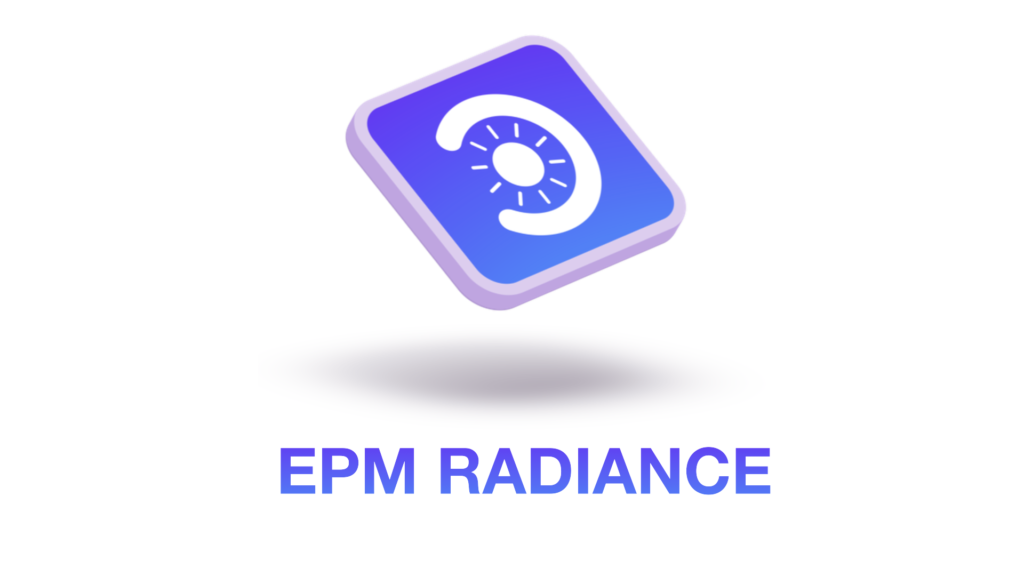
EPM Radiance was ignited by a desire to illuminate the path to Oracle EPM Mastery. Through the lens of my expertise, I share insights and practical tips on this platform.

Stay Updated!
Stay ahead of the curve with Oracle’s regular EPM updates. These updates not only provide continuous access to new features and improved functionality, but also enhance efficiency and empower both developers and end users

EPM Groovy
Groovy scripting is essential for efficient development within Oracle EPM. Understanding Groovy’s core concepts and EPM Groovy APIs allows you to access data, move data between cubes, and leverage REST APIs for multi-pod communication. By incorporating Groovy into your EPM toolkit, you’ll unlock a new level of development power

Let’s Connect
Looking for insights on Oracle EPM? Follow me on LinkedIn for my latest posts and join the discussion!
All illustrations are from undraw.co